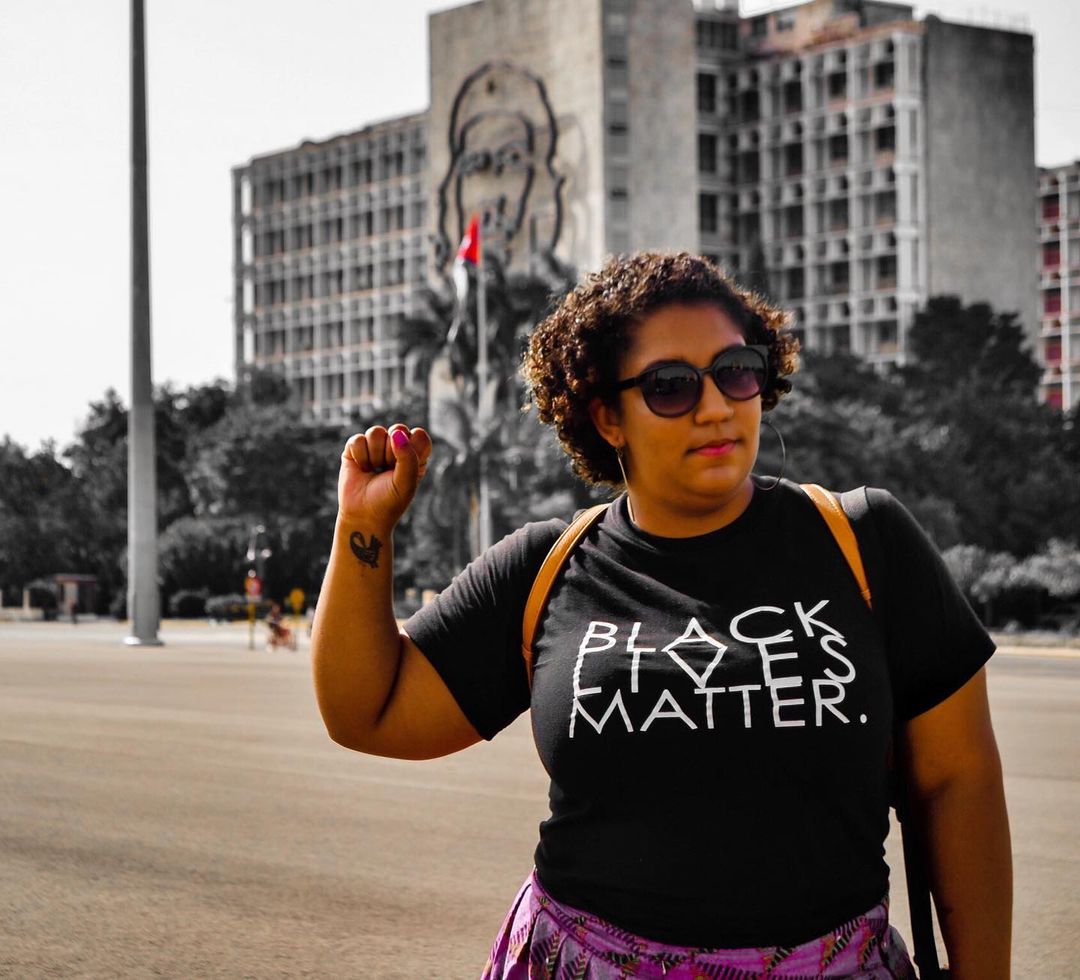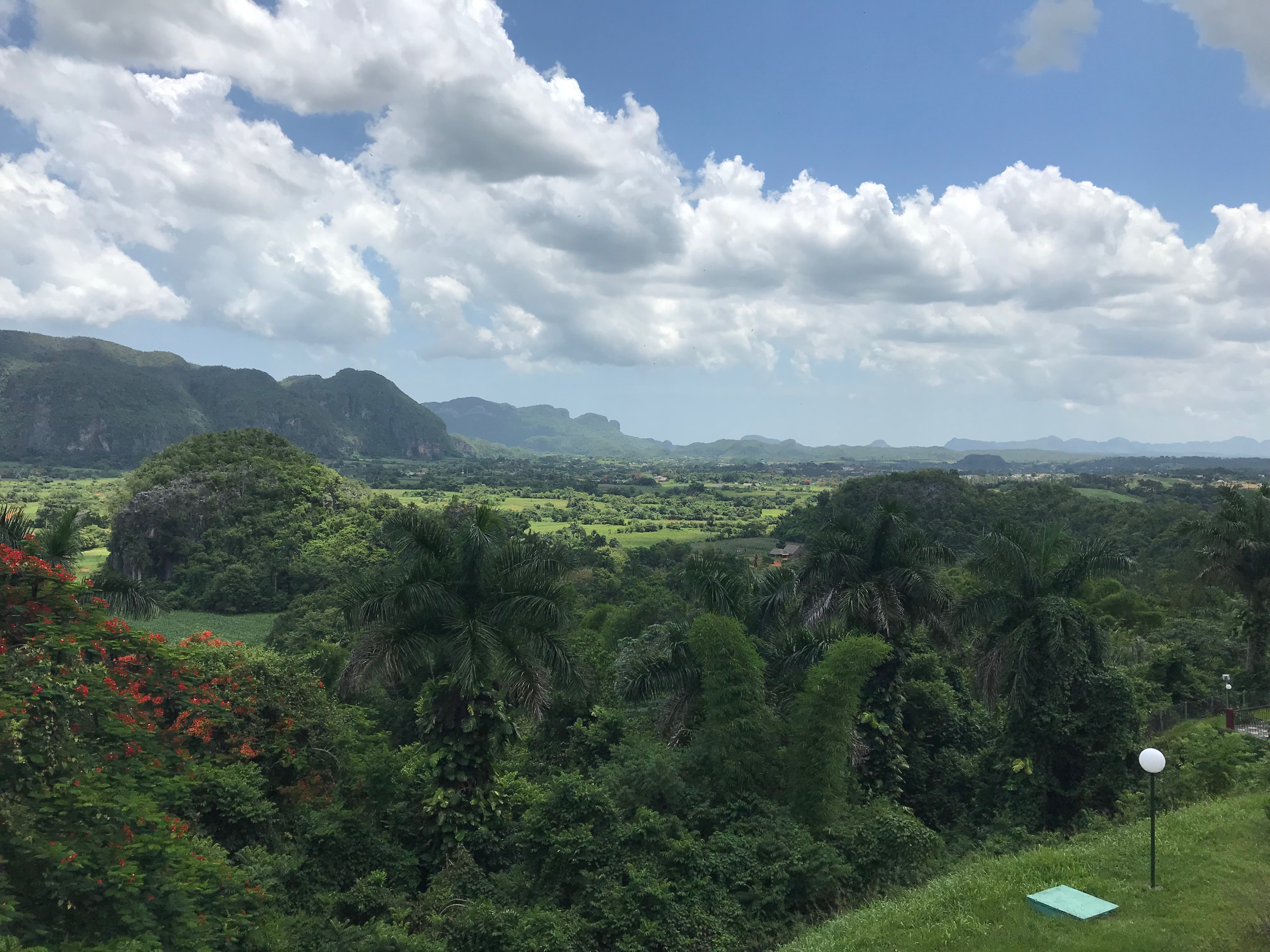Each quarter, I tell my CRES and Sociology students and my P2R mentees that I am in graduate school so I can travel the world. Even before I had the means and opportunity to do so, I considered travel to be one of my main interests. Still, it didn’t occur to me that I could translate this passion into a research project until February 2018. I was in my second quarter of graduate school and I was reasonably invested in beginning a very different research project. However, that winter I attended a conference and met Kyla - someone who has since become a mentor, sister/friend, and research interlocutor in my master’s and dissertation research.
Kyla founded and directed a community organization that enables girls of color to travel abroad. She is specifically interested in recruiting girls from low socioeconomic backgrounds who would likely not otherwise have the opportunity to experience international travel in their youth. That first meeting led to my joining her organization as a mentor and traveling with eight Black girls and seven other Black women mentors to South Africa later that year. During this initial trip, I conducted interviews and focus groups and recorded ethnographic field notes to use as preliminary data for my dissertation. While analyzing this data, I identified themes that warranted further investigation – thus shaping my dissertation questions. I was especially interested in the relationship between the organization participants and the leaders, which included Kyla and the mentors. It was clear to me that the organization, which I have taken to calling a community-based roots travel organization (CBRTO), was an educational space in which the youth participants learned about themselves and Blackness and came to form their racial identity.
We know that racial identity is not formed in isolation but through my research I also demonstrate the importance of recognizing the global (rather than simply the national or Anglophone) context within which identity is constructed. I argue that this context is made particularly apparent when Black youth engage in international travel. When we think about identity formed within a global context we might first think about immigration, such as the context in which migrants or refugees and their children form their racial identity. The young people with whom I collaborate are not often tied to this context. Instead, they are Black individuals who are learning in detail – or sometimes for the first time – about the global ubiquity of racialization and the potential for international solidarity.
I have since traveled with another CBRTO that is based in Baltimore and recruits Baltimore City students to engage in a year-long after-school program and two-week summer trip to Cuba. This organization, like Kyla’s, is founded and directed by Black women. As LALS Professor Patricia Pinho (2018:144) notes in her fascinating investigation of African American roots tourism in Brazil, women are expected to, and often willingly, take on the role of cultural bearers (ex., community mentors and healers) and “consider themselves responsible for nourishing the cultural components of their ethnic group.” My recognition of the gendered aspect of diasporic travel, broadly, and organized, community-based roots tourism specifically has greatly influenced my approach to this study. By utilizing a queer Black feminist framework for understanding community-building I can better understand CBRTO goals and the relationships between CBRTO leaders and youth participants.
Yet, it is not simply an investigation of the relationships within the CBRTO that has influenced my scholarship. Through my participation in these CBRTOs as a mentor and chaperone, I have also worked closely with the leaders and benefited from their guidance and wisdom. I recognize the very real and significant ways in which queer Black feminist approaches to community create an opening for a capacious understanding of Blackness – one that is concerned with solidarity-building and inclusion rather than focused on upholding claims to authenticity and enacting exclusion. Later this year, my first reflection on this topic will be published in a special issue of Hypatia: A Journal of Feminist Philosophy. I refer to this essay as a love letter to Kyla and in it I reflect on how the queerness of Black feminist mothering rejects the essentialization of Blackness, instead creating for me – a Black mother without a Black mother – a place to call home.
Pinho, Patricia. 2018. Mapping Diaspora: African American Roots Tourism in Brazil. Durham,
NC: UNC Press.


